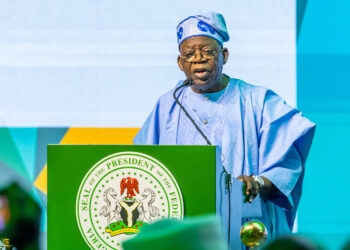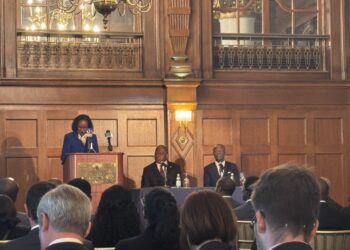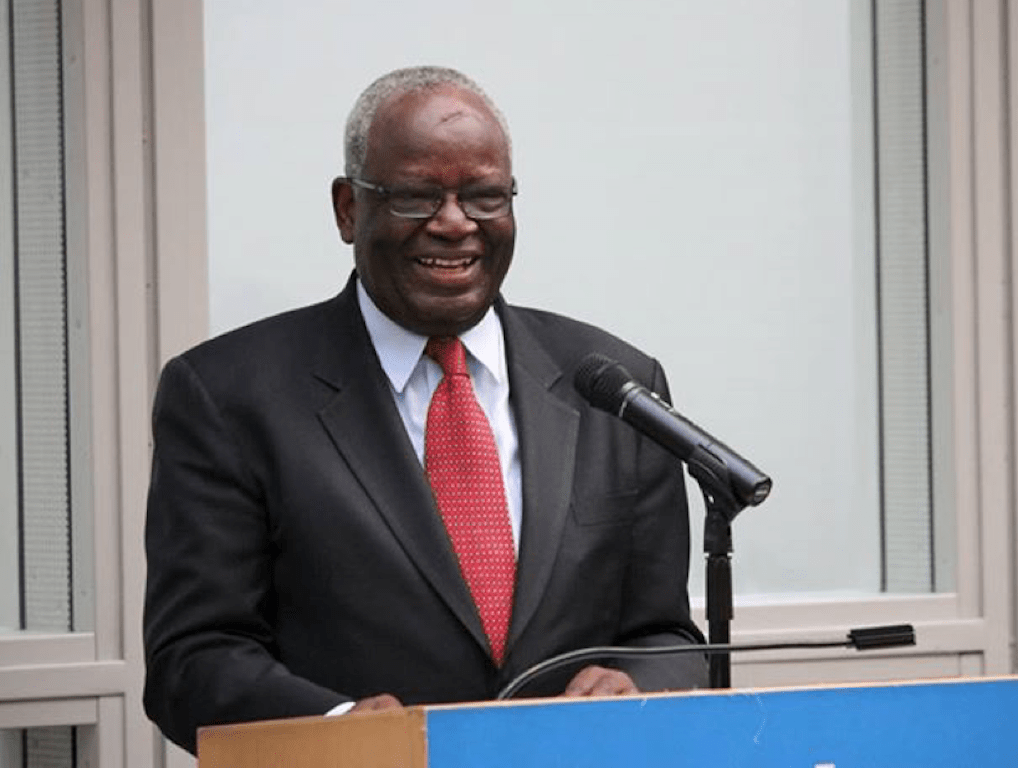Yesterday, as part of the Federal Government’s efforts to diversify the economy away from volatile oil revenue, it inaugurated the Ajaokuta Presidential Project Implementation Team.
The Chairman of the team is the Secretary to the Government of the Federation (SGF), Boss Mustapha while the Minister of Mines & Steel Development is the alternate chairman.
According to the SGF, Buhari’s regime is focused on making the Ajaokuta Steel Company (ASC) West Africa’s largest fully integrated producer and most importantly to accelerate industrialization in steel-related industries.
The revamp of the steel plant will be supported with funds from AFREXIM bank as well as Russia Export Centre and about US$1.46bn is expected to be committed to the project.
READ ALSO: Budget Review: Several infrastructure projects stalled
The ASC was a major industrial project conceived after the discovery of iron ore and coal deposits in commercial quantities in Nigeria in 1970. Consequently, the Federal government signed a contract with Tzazh Prom Export (TPE) from Russia to carry out further feasibility studies and initiate the project. By 1979, Ajaokuta Steel Company Limited and Delta Steel Company Limited were established under the National Steel Council Decree.
Construction began and by 1983, the project had reached 95% completion rate. President Shehu Shagari at the time commissioned the plant and the agreed plan was to fund the remaining 5% of the project using profits generated by the company.
However, after almost four decades of several concessions and legal disputes with foreign private companies, Ajaokuta steel company remains derelict.
(READ MORE: Why Nigerians, NCDC DG are opposed to the new NCDC bill)
The failure of the project has been blamed on several factors with poor management being the leading factor. International politics also played a part in installing the project.
The USSR who at that time was Nigeria’s main partner was in a cold war with the USA. Thus, Nigeria found it difficult to raise funds from multilateral bodies like the World Bank and the IMF. Concessions to foreign private managers also proved unsuccessful due to the remaining 5% of the project representing critical infrastructure yet to be developed.

Nigeria has the second-largest iron ore deposit in Africa with over two billion tonnes in reserves.
Nevertheless, the Nigerian steel industry today remains almost totally dependent on imports of rolled steel for local production. Poor investments in iron ore extraction and many other structural bottlenecks have hindered the growth of an industry with enormous potential and the industry is still experiencing negative growth (2019; -1.33%, 2018; -0.75%) based on data obtained from the NBS.
In 2016, the Buhari administration settled the pending court case around the project. This has enabled the FG to take control of the project and drive its resuscitation.
READ MORE: Russian company, MetProm Group, identifies problem of Ajaokuta Steel
This has led resumption of re-negotiations with the Russian government since they started the project with Nigeria in 1968. It is reported that Nigeria would need $2.0billion to complete a project that has gulped $10 billion.
While the strides made by the Buhari’s administration are impressive, it remains to be seen if it can successfully revive one of the prominent pride of Nigeria’s industrialization.


























Minister of mines as alternate chairman while Boss Mustapha is alternate president of Nigeria